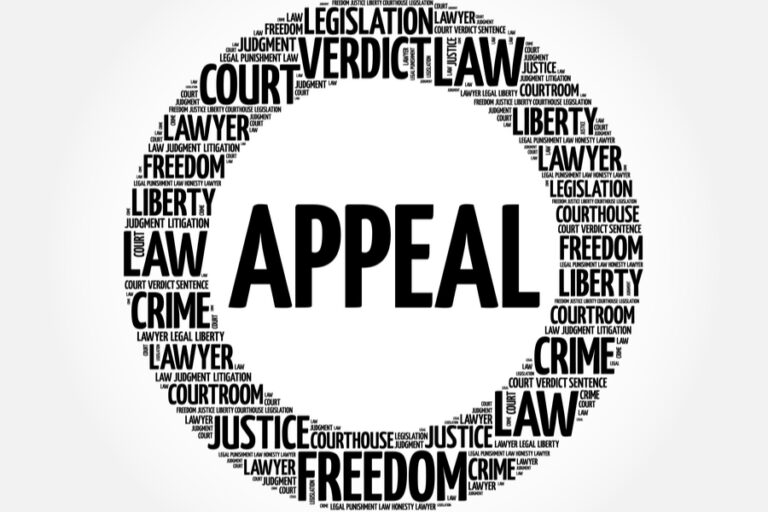It is becoming the ‘bread-and-butter’ in Family Court proceedings that parties use print-outs of text messages, emails and social media posts in their Affidavits.
One judge recently said in Court, “It never ceases to astound me how many litigants in publish material through social media such as Facebook without consideration as to how poorly it might reflect upon them if adduced in evidence”.
If you are engaged in family law proceedings, it is important to know how your social media content may be used against you and the potential damage this may do to your case.
Social media content has commonly been used as evidence to show:
- A party’s capacity to adequately care for their children;
- A party’s illicit drug use, excessive alcohol abuse;
- A party’s character or their intentions in the proceedings, for example, a parent posting negative content about the other parent;
- A party engaging in an intimate relationship with another person; and
- A party discussing details of the proceedings with a child.
In one of our cases, copies of a Father’s denigrating comments about the Mother on social media, including that she was a “real deadbeat who keeps her child from a loving Father“, were included in the Mother’s evidence.
The court considered these comments to establish whether his bitterness to the ex-partner which meant that he probably couldn’t collaborate with her. In turn, that meant he wouldn’t behave properly at changeovers and ultimately got to spend less time with the children. In a recent 2018 case involving children, a Father used screenshots of the Mother’s posts on Facebook, where she asked whether “anyone could hire a suicide bomber” to attend the Father’s family function.
In considering this comment (amongst other Facebook posts and text messages), the Court concluded that the children were at risk of emotional harm whilst in the Mother’s care. In another one of our cases, a Mother used copies of a Father’s Facebook posts in her evidence. The Father alleged in a post that the Mother ‘cheated’ on him and had subjected the children to violence. In this case, the Court considered these Facebook posts in determining the child living arrangements.
The Court ultimately held that it was in the children’s best interests for the mother to have their sole parental responsibility because of his fixation on the past behaviour of the couple. Name-calling, derogatory comments, malicious comments and denigrating comments would all be considered by a judge as evidentiary that you:
- Lack insight;
- Haven’t “moved on” from the conclusion of your relationship; and
- That you are willing to put the “fight” of you and your ex-partner before the interests of your children.
The law in Australia provides that a party to family law proceedings, who posts material on social media, relating to court proceedings identifying a party to the court proceedings, may be convicted and subjected to punishment including imprisonment. These laws are having a bigger impact each year.
So what should you do?
- If you are deeply angry or hurt by your relationship breakdown and feel the need to “rant”, send the draft to your solicitor before you post anything about your relationship or ex-spouse on social media;
- If you do post anything on social media which is accusatory of your ex-spouse, make sure you have genuine third party evidence to prove what you allege;
- If your ex-spouse publishes anything about you or your relationship on social media, make sure you screenshot it immediately and send it to your lawyer for them to use and deal with accordingly for you.
If you are concerned about a person’s conduct on social media which relates to you and/or your family law matter, contact our family law team today.
Important Disclaimer: The content of this publication is general in nature and for reference purposes only. It is current at the date of publication. It does not constitute legal advice and should not be relied upon as such. Legal advice about your specific circumstances should always be obtained before taking any action based on this publication.











